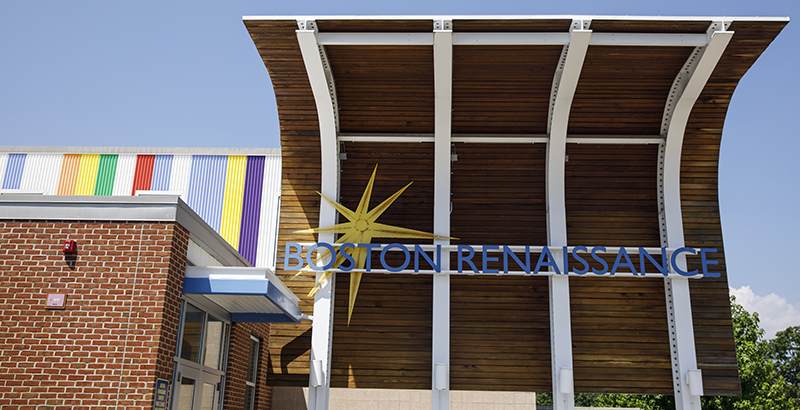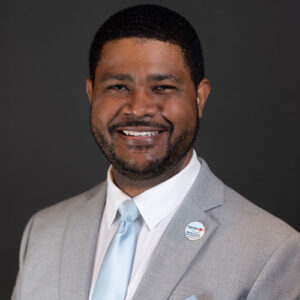Rausch: Innovation and Accountability — How Charter School Authorizers Are Helping Meet Students’ Changing Needs in Time of Crisis

Charter schools are built on a simple premise: increased autonomy in exchange for increased accountability. In this time of a local and global pandemic, charter schools across the country have leveraged that autonomy to both meet students’ basic needs and pivot to distance learning overnight.
Fortunately, they don’t have to do this alone: Charter school authorizers protect a school’s ability to innovate and maximize educators’ time in creating high-quality instruction, while holding schools accountable for academic outcomes and for equitably serving all students well. That means authorizers are responsible for ensuring a continuity of learning for all students, and they must work with schools and other stakeholders to figure out how to prevent deepening educational inequity.
Responding to what students, communities and schools need — and need now — means that authorizers are stretching well beyond their usual practice. But in many ways, the charter school authorizing model is built for this moment.
Over the past month, the National Association of Charter School Authorizers has convened more than 300 authorizers across the country to discuss how we can step into this unique responsibility to protect student interests — their academic, social, emotional and physical well-being — in the midst of a global pandemic. Great authorizers are pushing beyond what is generally considered their typical work in countless ways, such as:
- Working with charter schools to ensure that students have access to regular meals and internet access;
- Being a hub for high-quality information by connecting government and community entities;
- Convening schools to quickly learn from one another;
- Identifying resources in response to schools’ needs; and
- Connecting schools to nonacademic resources for stress management and other social-emotional needs.
To truly protect student interests, we must keep an eye on quality at all times. That’s why we are encouraged to see authorizers working inclusively alongside policymakers and schools to offer appropriate and smart flexibility without lowering standards on immediate issues, such as the need to hold board meetings and student enrollment lotteries. That same spirit will be critical to solving longer-term problems as well.
Great authorizers are approaching schools with humility; they understand that nobody has this all figured out. They are asking: What are your plans for meeting children’s needs? How are you ensuring equitable access to learning? What additional flexibility or support would help you do that? As schools adjust to new ways of engaging students and families, they don’t need voluminous, compliance-based demands limiting their ability to maximize student opportunities to learn. What they need are quality-focused partners willing to do whatever it takes to help students succeed.
There is no shortage of complicated accountability and equity questions that will demand authorizer attention looking ahead. Indeed, these questions require collaborative, thoughtful and innovative solutions led by authorizers. Many are already thinking about how high-stakes decisions, such as next year’s charter school openings, closings and renewals, will be impacted. We are also grappling with what accountability looks like given the dramatic and unexpected changes in how schools are delivering curriculum and instruction, and when many of the tools authorizers typically deploy are not available or are dramatically altered.
Perhaps the most critical leadership issue we all face — in every public education setting across the country — is how to uphold our commitment to equity. While all students will be impacted by challenges like learning loss, these issues may exacerbate already deep educational inequities and leave some students further behind if we do not act thoughtfully and decisively.
We must continue to be urgent about things that matter right now — what we hear from communities and schools, even if it is outside of our comfort zone or typical practices. And we should be thoughtful, collaborative and inclusive about upcoming challenges. Community responsive leadership and professional judgment from authorizers have never been more needed than now. We are up to this challenge; indeed, we are built for it. Let’s make sure student needs are our north star and that we will work together to give all students access to a quality education.
Karega Rausch is acting president and CEO and vice president of research and evaluation at the National Association of Charter School Authorizers.
Get stories like these delivered straight to your inbox. Sign up for The 74 Newsletter

;)
